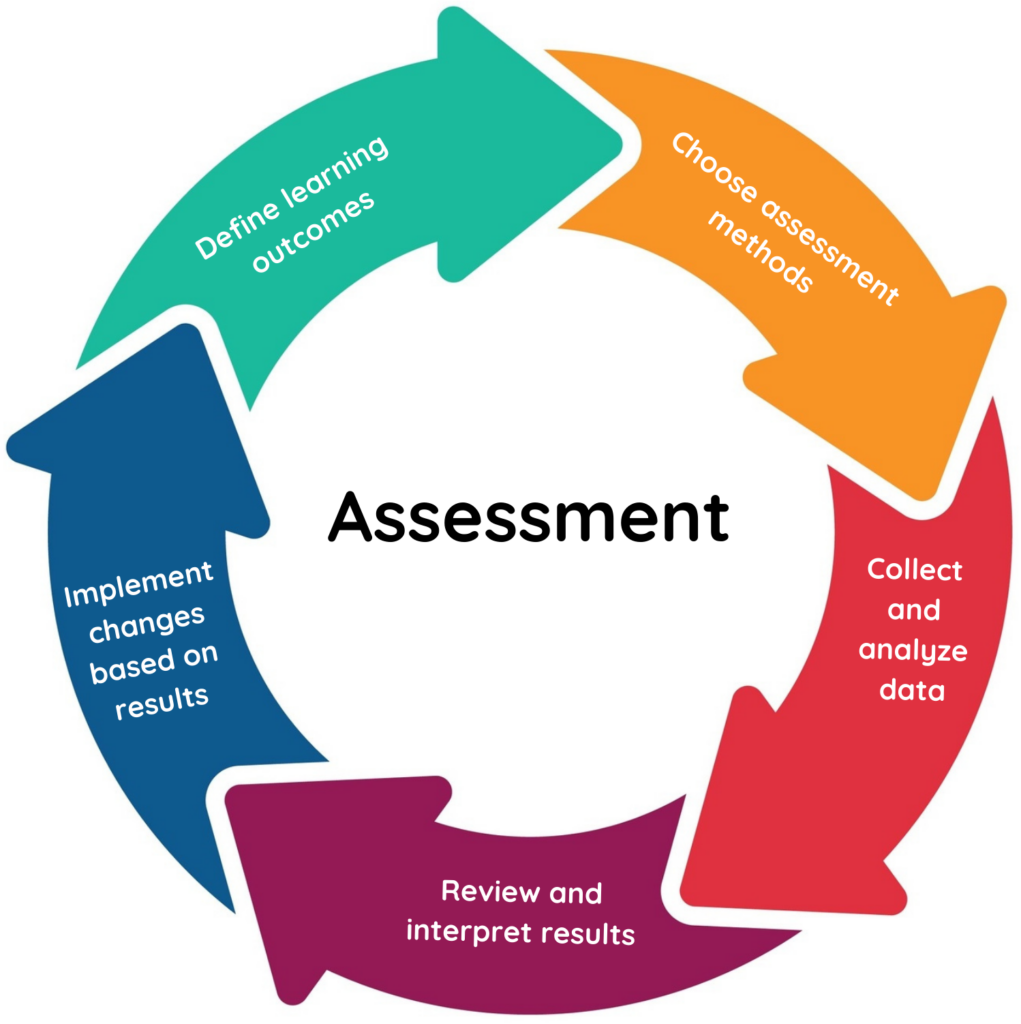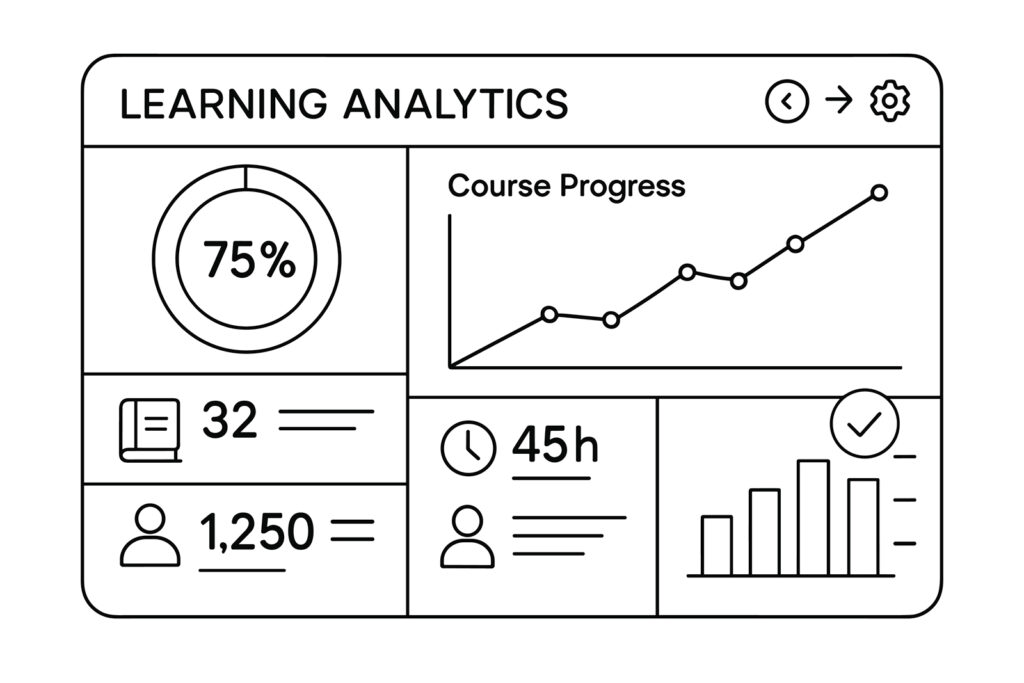Assessment

Assessment
OTEAR supports Rutgers’ commitment to continuous improvement in the assessment and attainment of student learning goals by facilitating the universitywide Assessment Councils, reviewing new program assessment plans, consulting on program assessment and grant assessments, and sharing best practices for assessment methods related to learning outcomes. By aligning assessment strategies with student learning goals that reflect the department and university’s mission, instructors can measure the level of student comprehension of key elements of the curriculum. See our Guidelines for Departments Creating Assessment Plans to learn more.
More information about the university’s assessment efforts is available from the University Academic Affairs Continuous Improvement Framework.
HelioCampus
Rutgers has implemented the assessment and accreditation management platform HelioCampus to reinforce its commitment to continuous improvement. This platform will promote consistency in the university’s periodic review processes and regularized assessment of student learning outcomes.

Learning Analytics
The purpose of Learning Analytics is to support and improve the learning of students. This includes evaluating, diagnosing, and providing appropriate scaffolds to help students reach their learning goals. Ensuring students become reflective, self-motivated, and lifelong learners is another important aspect of Learning Analytics.

New Program Assessment
As part of the review process for academic units pursuing a new degree program, OTEAR must review and approve the assessment plans for student learning outcomes (SLOs) prior to final submission to the Office of the Executive Vice President for Academic Affairs (EVPAA). Proposing units are encouraged to reach out to us by email at otear@rutgers.edu during the 30-day comment period.

Upcoming Workshops
Visit Workshops and Training to browse a complete selection of our available workshops.
-
Strategies for Assessing Microcredential Programs (Virtual Interactive Workshop)
Wednesday, February 4, 2026
1:00 pm – 2:30 pmThis workshop introduces participants to strategies for assessing microcredential programs to support learner achievement and program effectiveness. The session provides guidance on developing clear and measurable learning goals that align with the intended outcomes of the credential. Participants examine approaches to assessment for mastery, ensuring that learners demonstrate competence in targeted skills, as well as assessment for continual improvement, which emphasizes feedback loops that inform ongoing program refinement. Several viable strategies are discussed, including the use of quizzes and tests, reflection papers and projects, and interviews, each offering different approaches to measuring learner progress. Attention is also given to process fidelity assessment, which evaluates how consistently and effectively the program is delivered, ensuring that instructional design and implementation match intended standards. The workshop also addresses reporting practices by outlining schedules and content frameworks that communicate both learner outcomes and program quality to stakeholders. Please register to attend or receive the recording.
-
Utilizing Generative AI for Analysis of Student Feedback Comments (Virtual Interactive Workshop)
Monday, February 23, 2026
10:00 am – 11:00 amComments are often where faculty, departments, and schools find great value in student feedback, including midcourse feedback and SIRS. However, depending on the number of comments, analysis can be difficult, particularly when trying to determine concrete actions in a timely manner to take in response to midcourse feedback or for continuous improvement. This virtual interactive session will discuss strategies and provide space for participants to try using generative AI for qualitative analysis of student feedback comments.
-
Assessment of Learning 101 (Asynchronous Presentation)
Available in April 2026
In Spring 2026, OTEAR is preparing asynchronous presentations to support teaching evaluation and assessment. This session explores the fundamentals of academic assessment, including program learning outcomes, course learning goals, and both direct and indirect assessment techniques. It will examine the crucial role of rubrics within the assessment process and discuss how assessment strategies can effectively inform course design. The presentation will also address best practices for enhancing assessment quality, including the implementation of blind grading procedures, ensuring grading reliability through inter-rater checks, and utilizing multiple reviewers for comprehensive evaluations. This is designed for faculty who are new to academic assessment or need a refresher on learning about different methods of assessment and the assessment cycle. If you are interested in being notified when the presentation is available, please register below.
If you have any questions about these offerings, you may contact otear@rutgers.edu.

